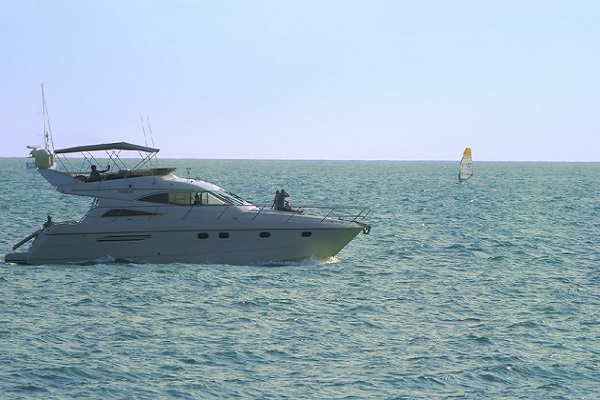Personal Marine Insurance: 3 Considerations to Keep Your Clients Afloat
New to personal marine insurance? Here are three key considerations for agents when looking to write a personal marine insurance policy.

New to personal marine insurance? Here are three key considerations for agents when looking to write a personal marine insurance policy.

Record sales of recreational boats mean more inexperienced people are taking to the waters, raising concerns for agents and carriers.

Technological improvements make taking to the water safer. Such modernization brings a variety of boat insurance considerations for agents and clients.

From hurricanes to lightning strikes, extreme weather events can lead to significant financial loss if a boater is not adequately prepared or insured.

Even during the coronavirus pandemic, independent insurance agents must stay up to date with the ebb and flow of the dynamic boating industry.

If an agent wants to put their personal marine book in the windward direction, they need to know their starboard from their port to earn a client’s trust.

Looking toward future personal marine trends, the market “will continue to get harder,” says Patrick Kudlich, independent agent, and it “will only continue to get harder as natural disasters increase in strength and number each year.”
Pricier technology on boats, fewer younger buyers and stagnant rates lead independent agent and marine insurance specialist Brain DeSousa to believe that “the marine insurance marketplace is probably less profitable today than ever.”
At least 35% of registered boats in the U.S. are uninsured. Here’s how to reap the benefits of a lucrative market that’s hiding in plain sight.

As personal lines face more disruption from directs, captives and InsurTechs, every policy counts. Have you been neglecting personal lines prospects and clients who have marine exposures?
